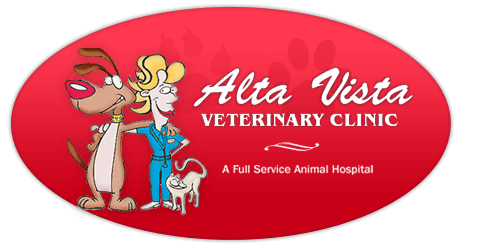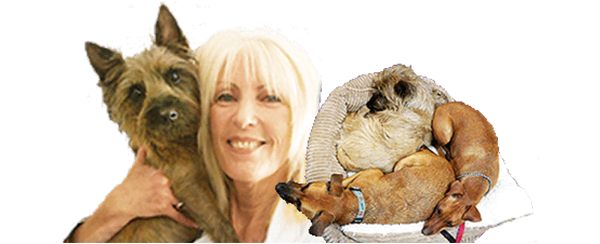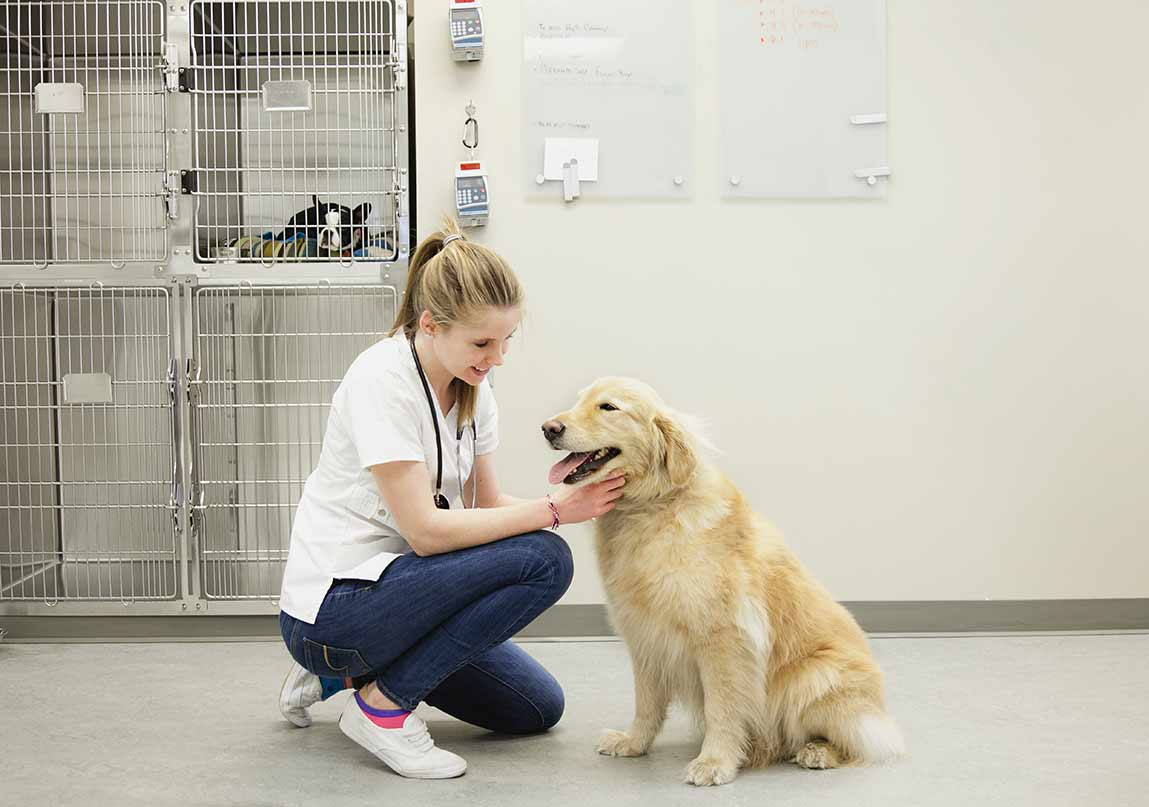Signs Of Kidney Disease In Your Aging Dog And Ways You Can Help Prevent The Condition
Admin • July 14, 2017
Kidney disease is one of the most common canine ailments in older dogs, and can be very fatal if the condition is not treated as soon as symptoms arise. More than 10% of dogs will encounter kidney disease at some point in their lives and any dog can be prone to this condition.
The best way to protect your dog against kidney disease is to know the signs of kidney failure so you can get your dog to a vet for an examination and treatment as soon as possible. Learn about common signs of kidney disease in your canine companion as well as prevention tips to help keep them healthier, longer.
Rapid Weight Loss
If your dog's kidneys are beginning to fail, you may notice them refusing food and drinking lots of water instead. This may be due to enlarged kidneys that are having a hard time filtering toxins out of your dog's body. Your dog may look bloated in their belly while losing weight rapidly elsewhere.
Rapid weight loss is accompanied by vomiting in many cases or outright food refusal. Take your dog to a vet right away if you notice sudden weight loss, especially if it is combined with a rounded or distorted belly.
Lethargy/Difficulty Walking
As kidney disease progresses in your dog, they can become very lethargic and prefer to sleep much of the day. When they are awake, their back legs may appear weak and cause them to shake while they walk or even stumble and fall.
If your dog is experiencing difficulties in walking you should get them to the vet right away, especially if you have noticed other unusual signs of illness in your dog such as:
- Frequent urination
- Wetting while lying down
- Panting when cool
- Anxiety or agitation
- Pale or light gums
Kidney disease causes your dog's muscles to atrophy as it progresses, and should be treated right away with a change in diet and/or medication to help improve kidney function before it worsens.
Kidney Disease Prevention
The best way to prevent kidney disease in your dog is to control and monitor what they eat. Your dog should eat a diet that is high in fiber and protein and contains few "fillers" such as corn. Always provide fresh water for your pet and keep them active with daily walks or outdoor play. Talk to your dog's veterinarian about the best brands of dog food for your dog's breed, age, and activity level.
Toxins can also cause kidney disease or failure in dogs, with antifreeze being one of the most common toxic household chemicals dogs consume. Since the liquid has an attractive taste and is often found leaked on driveways or in garages, it can be an easier chemical for your dog to find.
Keep all antifreeze and other household products out of reach of your curious pets. Cover all spills with sand, cat litter, or wash them away with soap and water as soon as they occur. If you notice your dog sniffing or lapping at antifreeze or another household chemical, take them to the vet right away for an examination and watch for signs of lethargy, seizures, or other life-threatening reactions.
Your dog's kidney health is very important, and learning how to watch for signs of disease or kidney failure can help save your dog's life. Talk to your vet about having your dog's kidneys checked yearly with a simple blood test that can be done during their regular checkup. At Alta Vista Veterinary Clinic, we treat a variety of pets and common ailments. Trust our team to give your dog the quality healthcare it needs.









